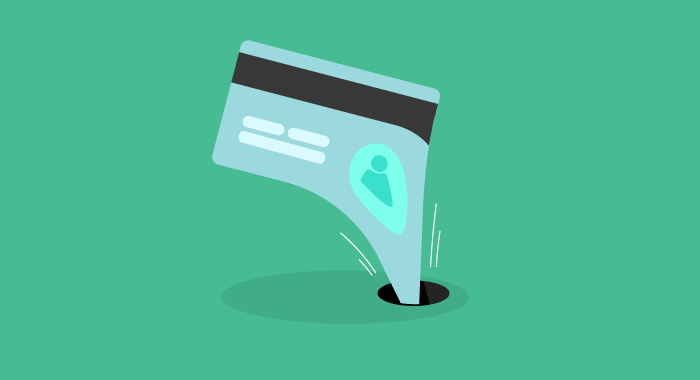As the effects of the coronavirus outbreak continue to ripple across the lives of practically every person, everywhere in the world, now is a critical time to look after all aspects of our health – physical health, metal and emotional health, and even financial health.
Unfortunately, there have been numerous reports of financial scams related to COVID-19. Scammers are preying on people at an extremely vulnerable moment, and it’s surprisingly easy to become entangled in a scam when you’re so strongly focused on other challenges like social distancing, managing employment issues or taking care of loved ones.
Keep up with the Federal Trade Commission (FTC) for the latest news on COVID-19 scams and how to protect yourself. Test your Scam knowledge with this short quiz to be entered into a raffle to win one of four $25 gift cards.
Here’s a quick snapshot of financial scams you might encounter, with key advice on how to avoid them:
Donation and Philanthropy Scams
Many people are now pooling their efforts and resources to help out in the coronavirus pandemic; from donating medical supplies, to fundraising for people who’ve lost their jobs, to supporting less-abled members of the community in times of social isolation. Sadly, scammers are taking advantage of people’s good nature. A number of phishing scams related to donation and philanthropy have been reported, in which a person will receive an email, text or message via social media, requesting them to donate money to a fake fund.
As always, be wary of any strangers getting in touch to request money. Instead, if you are in a position to make a donation, check in with legitimate organizations – like Harvard Square Homeless Shelter or Partners Healthcare Hospital – through their official sites online.
False Healthcare Agency Scams
Another phishing scam that’s now occurring involves a scammer impersonating a professional healthcare agency like the World Health Organization (WHO) or the Centers for Disease Control (CDC). You may be asked to open an email or click on a link, at which point your devices become vulnerable to malware or personal information may be stolen.
With plenty of information from reputable sources online, being updated all the time, there’s simply no reason to click on an email from a sender you don’t recognize or that’s not in your list of frequent contacts. Don’t open the email to see what it contains or whether it’s legitimate – delete the email immediately, and if you think you’ve been the victim of a phishing attempt, consider reporting it to the Federal Trade Commission.
Bogus Product Scams
Demand is now skyrocketing for certain types of products, including surgical masks, medical gloves and hand sanitizer. Beware of social media groups and ads, or websites that claim to stock these items, as there’s a chance it may be a fraudster who will demand up-front payment but not complete the delivery.
Use extra caution at this time when shopping for products that are in short supply. Ensure that you are on a secure website or buying from a reputable brand; and if the payment process feels bumpy or you are redirected to another website, consider making your purchase elsewhere. Of course, don’t give out your credit card details or any other personal information over the phone.
Unusual Emails and Calls
Beware of any suspicious emails around this time offering medical services or promising to show you important news about the coronavirus outbreak. These may contain malware that will infect your computer; so do not open strange emails, download attachments or click on links from senders you don’t know.
And, the same goes for phone calls. If you get a robocall, hang up. Some scammers may also pretend that they are a friend of one of your family members, and ask you for credit card details to help this person. While this situation can be frightening and you may feel compelled to act fast, do not act immediately. Stop and think – does this sound like a legitimate call? Who else in my family can I get in touch with first, to check on the situation? Most importantly, never give your credit card details to anyone over the phone.
For more information on spotting and avoiding scams, visit the Federal Trade Commission (FTC). Then, take the HUECU quiz to be entered into a raffle to win one of four $25 gift cards.





